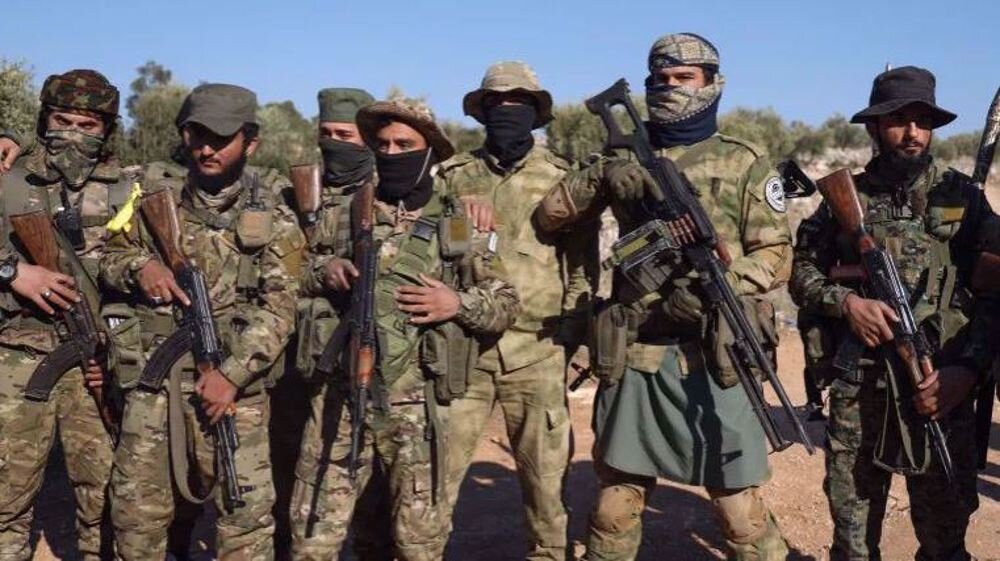Khaled Khaled leads the Syrian arena of Gaza-based Islamic jihad, and Abu Aliyassar, who is in charge of the executive committee of the Arab state resistance movement, has been arrested by HTS extremists, the report reported.
There has been no official confirmation from Syrian regime authorities on the issue.
The arrests came after Washington, who refused to grant an HTS-led administration in Damascus, and then HTS-led Syria envisaged that all “Palestinian groups” would ban operations and funding within the country.
However, the term “Palestinian group” remains undefined, raising concerns about the potential breadth of the ban, especially given that Syria hosts more than 600,000 Palestinians and many Palestinian groups and organizations, both of resistance and civil servants.
While Washington’s motivation is not entirely clear, analysts believe that the key goal of supporting Syria’s change of government is to end historic support for Palestinians and their causes when US sanctions and Israel-related restrictions block Syria’s reconstruction efforts.
This is because the HTS calls for disarmament of all factions, including Palestinian groups, but does not comprehensively ban their activities.
The ambiguity of US demand, coupled with the lack of a concrete promise to expand sanctions relief, suggests that Syria may adhere to it without receiving any concrete benefits.
The temporary sanctions exemption is now linked to the Trump administration’s demands, and HTS must be met for any extension.
MNA

